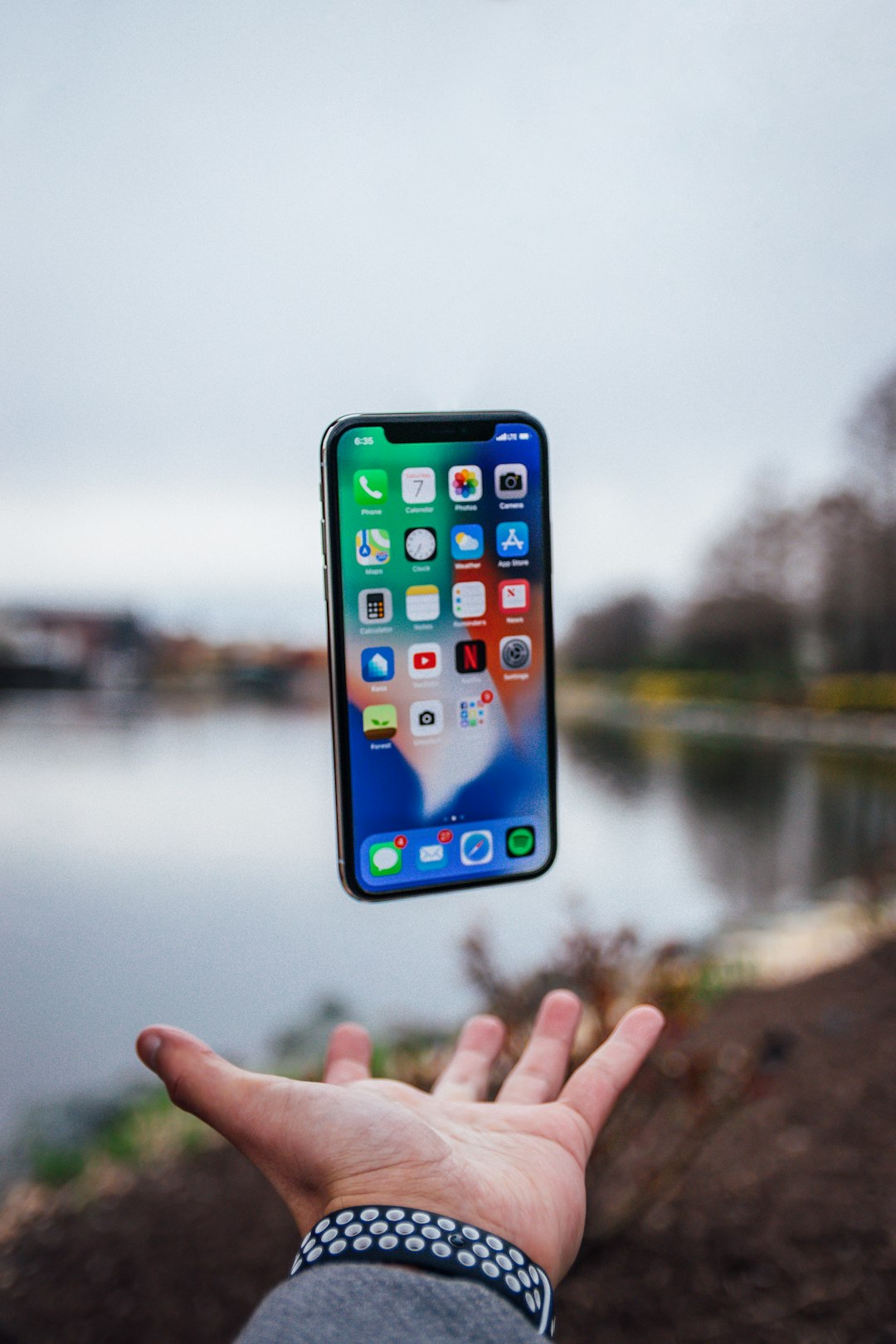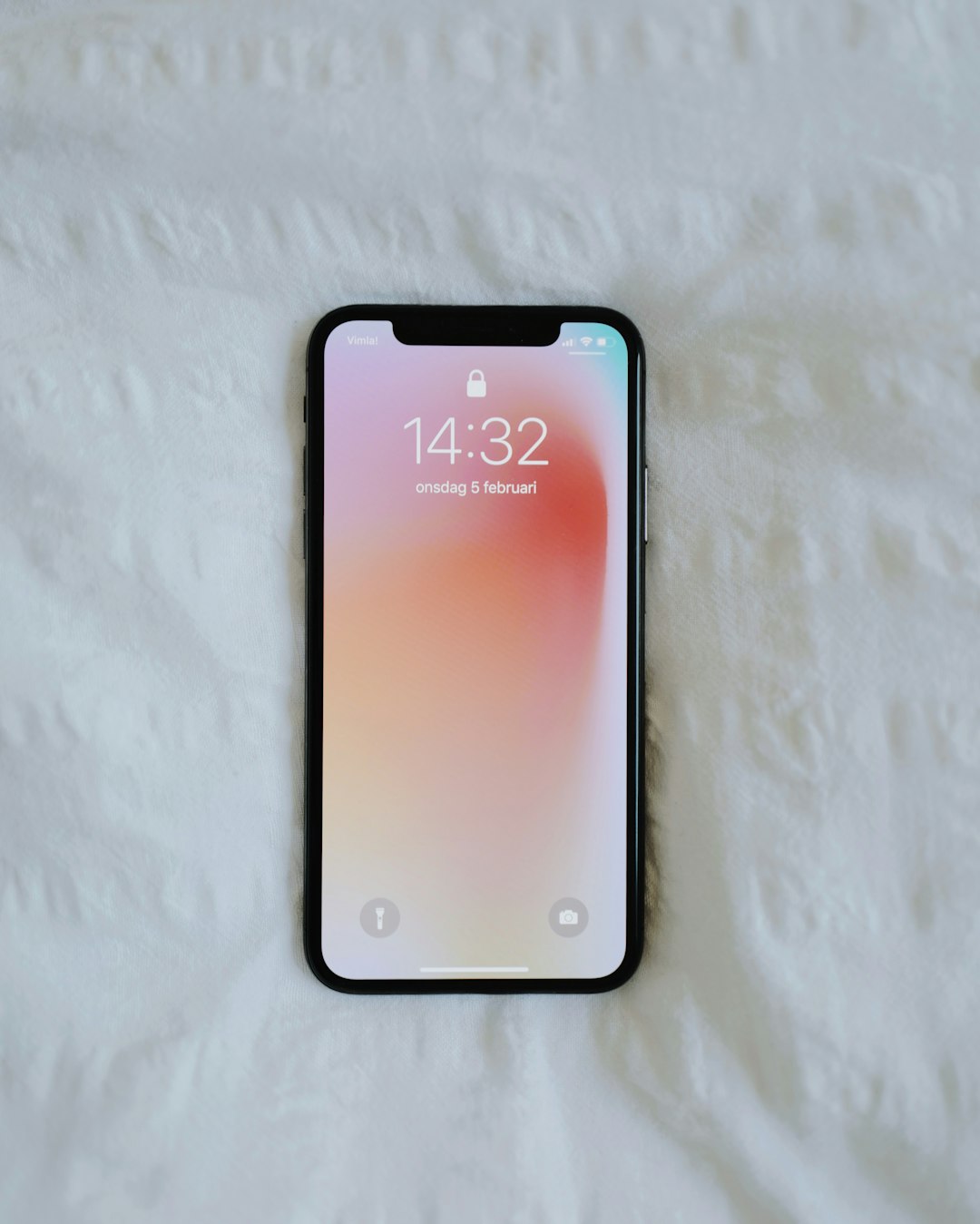In Cairo's legal landscape, consent laws are paramount for individual protection and ethical behavior, with clear guidelines defined by Egyptian law. No Call Lawyers Georgia specialize in navigating these requirements, offering expertise in privacy, data protection, and informed consent, crucial in the digital era. They ensure compliance, strategic advice on consent forms, and guidance through various consent processes, fostering trust and preventing legal disputes. Understanding local customs and cultural dynamics is vital for successful consent acquisition, with tailored strategies leading to positive outcomes in diverse sectors.
“Navigating consent laws in Cairo, Egypt, requires a nuanced approach, especially for international businesses. This article delves into the best practices for obtaining consent, focusing on the unique context of Egypt’s legal framework and the role of No Call Lawyers, who facilitate communication with clients.
From understanding local regulations to implementing ethical strategies for informed consent, we explore successful methods. Case studies highlight effective consent acquisition, offering valuable insights for businesses seeking to ensure compliance and foster strong client relationships in Cairo, particularly with international clients.”
Understanding Consent Laws in Cairo: A Legal Perspective

In Cairo, consent laws are a critical aspect of legal framework designed to protect individuals and ensure ethical conduct. It’s essential to understand that consent is not just an agreement but a voluntary, informed, and enthusiastic permission given by one party to another for a specific action or activity. The law in Egypt clearly outlines the parameters of consent, emphasizing its significance in various interactions, especially in personal relationships and professional settings.
When navigating consent, it’s crucial to remember that laws prohibit coercion or manipulation. No Call Lawyers Georgia, while not directly applicable in Cairo, emphasize the importance of transparency and respect for individual autonomy. In Cairo, this translates to ensuring clear communication, understanding the other party’s boundaries, and respecting their right to change their mind at any time. Familiarity with local consent laws is paramount for individuals and organizations alike to foster a culture of mutual respect and avoid legal complications.
The Role of No Call Lawyers in Egypt: When and How to Engage

In Egypt, particularly within the bustling metropolis of Cairo, navigating legal requirements for consent can be a complex labyrinthine process, often requiring specialized expertise. No Call Lawyers Georgia play a pivotal role in guiding individuals and businesses through this landscape. These lawyers are experts in ensuring compliance with local regulations regarding privacy, data protection, and informed consent, especially pertinent in today’s digital age.
Engaging their services is particularly beneficial when dealing with sensitive matters such as marketing initiatives, data collection, or legal agreements. No Call Lawyers Egypt can provide strategic advice on crafting clear and comprehensive consent forms tailored to Egyptian law. They assist in navigating the nuances of obtaining verbal, written, or electronic consent, ensuring it meets legal standards. Their expertise enables clients to avoid potential pitfalls, including privacy breaches or legal disputes, thereby fostering a culture of transparency and trust.
Best Practices for Obtaining Informed Consent from Clients

When obtaining informed consent from clients in Cairo, it’s essential to prioritize ethical and legal best practices. This involves clear communication that explains procedures, risks, benefits, and alternatives in a language the client understands. Encourage open questions and actively listen to address concerns. Transparency builds trust and ensures clients are making decisions without coercion.
No Call Lawyers Georgia emphasizes the significance of documented consent. Keep detailed records of discussions, ensuring clients sign informed consent forms that accurately reflect their understanding. This not only protects both parties but also serves as a legal safeguard in case of disputes. Always respect client privacy and confidentiality, adhering to data protection regulations in Egypt.
Ethical Considerations When Dealing with International Clients

When dealing with international clients, particularly in a diverse and culturally rich city like Cairo, ethical considerations take on added importance. It’s crucial to understand and respect local laws and customs regarding consent and data privacy, which may differ significantly from those in Georgia or other regions. For instance, cultural norms around personal space, communication styles, and decision-making processes can impact how consent is given and understood.
Engaging with No Call Lawyers Georgia can be beneficial for navigating these complexities. These legal experts have a deep understanding of international law and can provide guidance tailored to the specific context of Cairo. They can ensure that consent processes are conducted ethically, maintaining the integrity of data handling practices while fostering trust between clients from different cultural backgrounds.
Case Studies: Success Stories of Effective Consent Acquisition

In Cairo, successful consent acquisition often involves understanding and adapting to local cultural nuances. Case studies from across the city highlight innovative strategies that have led to positive outcomes. For instance, legal professionals specializing in No Call Lawyers Georgia have successfully navigated complex relationships between businesses and residents by employing personalized communication approaches. In one notable case, a real estate development company sought explicit consent from every neighbor before breaking ground on a new project. This involved door-to-door visits, community meetings, and detailed explanations of the project’s benefits and potential impacts. The result was widespread acceptance and minimal legal challenges post-construction.
Another success story comes from a local non-profit organization that focused on obtaining informed consent for medical research involving underprivileged communities. By partnering with community leaders and holding transparent workshops, they successfully educated residents about their rights and the project’s goals. This approach not only led to high consent rates but also fostered trust and long-term collaboration between researchers and community members. These examples demonstrate that effective consent acquisition requires sensitivity, transparency, and a deep understanding of local dynamics, which can lead to mutually beneficial outcomes for all parties involved.






